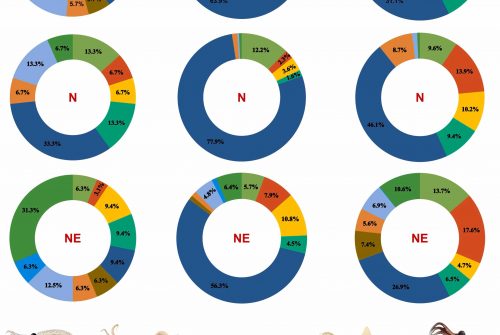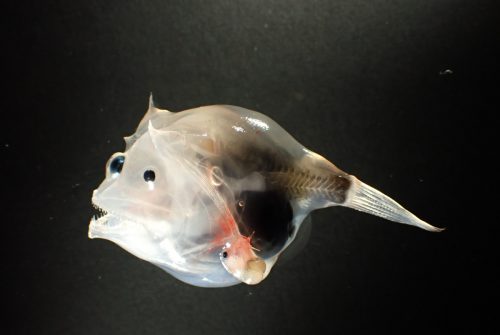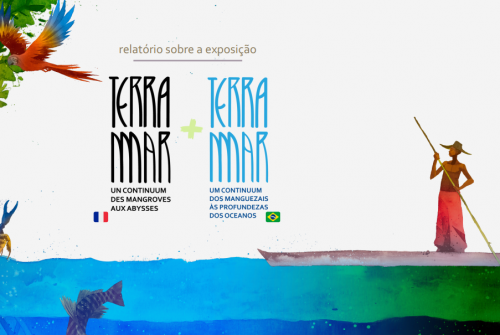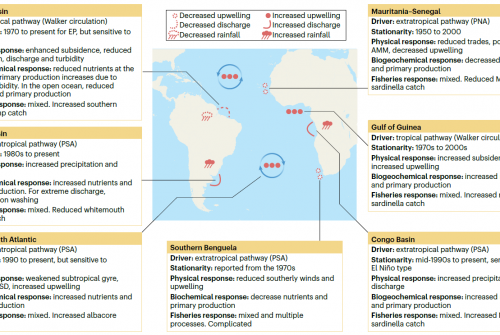
The objective of this study was to analyse the feeding habits and trophic interactions between four oceanic predatory fish around the Fernando de Noronha Archipelago (FNA), Brazil, in the western equatorial Atlantic (3.86°S/32.42°W), internationally recognized as an environment of high economic and ecological value. For this purpose, biological samples of yellowfin tuna (Thunnus albacares), wahoo (Acanthocybium solandri), barracuda (Sphyraena barracuda) and dolphinfish (Coryphaena hippurus) were collected for stomach content and stable isotope analysis.
Reference
Karla Martins, Latifa Pelage, Anne K. S. Justino, Flavia Lucena Frédou, Teodoro Vaske Júnior, François Le Loc’h, Paulo Travassos







